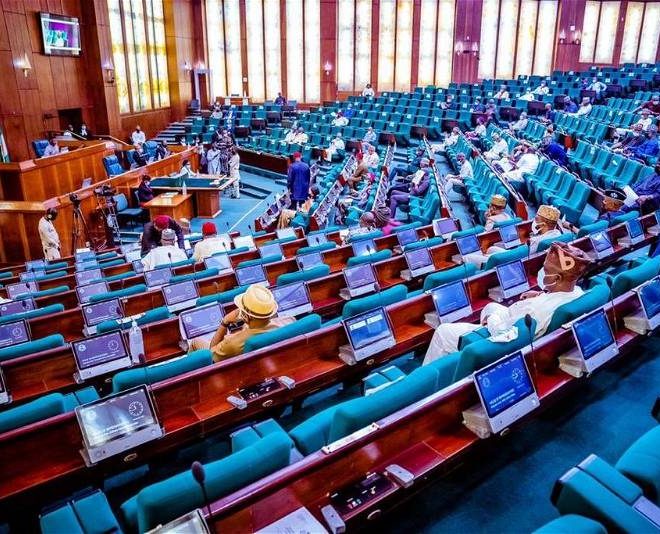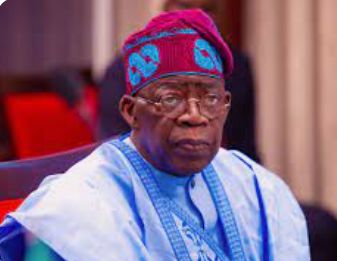
The House of Representatives Committee on Constitution Review has proposed the creation of 31 new states across Nigeria, which would bring the total number of states in the country to 67.
This proposal, presented during Thursday’s plenary session by Deputy Speaker Benjamin Kalu, was read on behalf of the committee, which is chaired by Kalu himself.
The new states are spread across various regions of the country. The proposal includes six new states for North Central, four in North East, five in North West, five in South East, four in South-South, and seven in South West. If adopted, the plan will dramatically alter Nigeria’s political landscape, introducing new sub-national governments.
The proposal outlines several key steps for the creation of these new states, as outlined in a letter read to the House. It specifies that for the creation of a new state to be passed by the National Assembly, the motion must be supported by at least a third of the members.
Additionally, the House of Representatives, local government councils, and state assemblies must all approve the proposal for it to proceed.
Notable proposed states include Okun, Okura, and Confluence states from Kogi; Benue Ala and Apa states from Benue; the Federal Capital Territory (FCT) as its own state; Amana state from Adamawa; Katagum from Bauchi; and Savannah from Borno, among others.
The proposal also calls for the creation of New Kaduna and Gujarat states from Kaduna; Tiga and Ari from Kano; and Kainji from Kebbi.
Other proposed states include Etiti and Orashi in the South East, as well as additional states such as Ogoja from Cross River, Warri from Delta, and Ibadan from Oyo. There are also calls for Lagoon from Lagos, Ogun, and Ijebu from Ogun, and Oke Ogun/Ijesha from Oyo, Ogun, and Osun states.
The letter also reminds stakeholders that the process for state creation must comply with Section 8 of the Constitution, requiring referendums in the state houses of assembly and the submission of results to the National Assembly.
Proposals must be resubmitted following these guidelines, including hard copies and electronic submissions to the Committee’s Secretariat.
The Committee on Constitutional Review expressed its commitment to supporting efforts in line with constitutional provisions, with the understanding that only proposals meeting the strict guidelines would be considered.
For further details or to submit proposals, the committee’s contact information has been provided.







